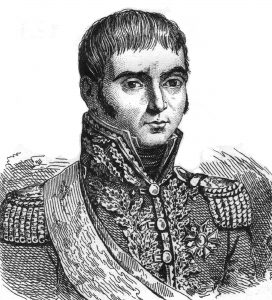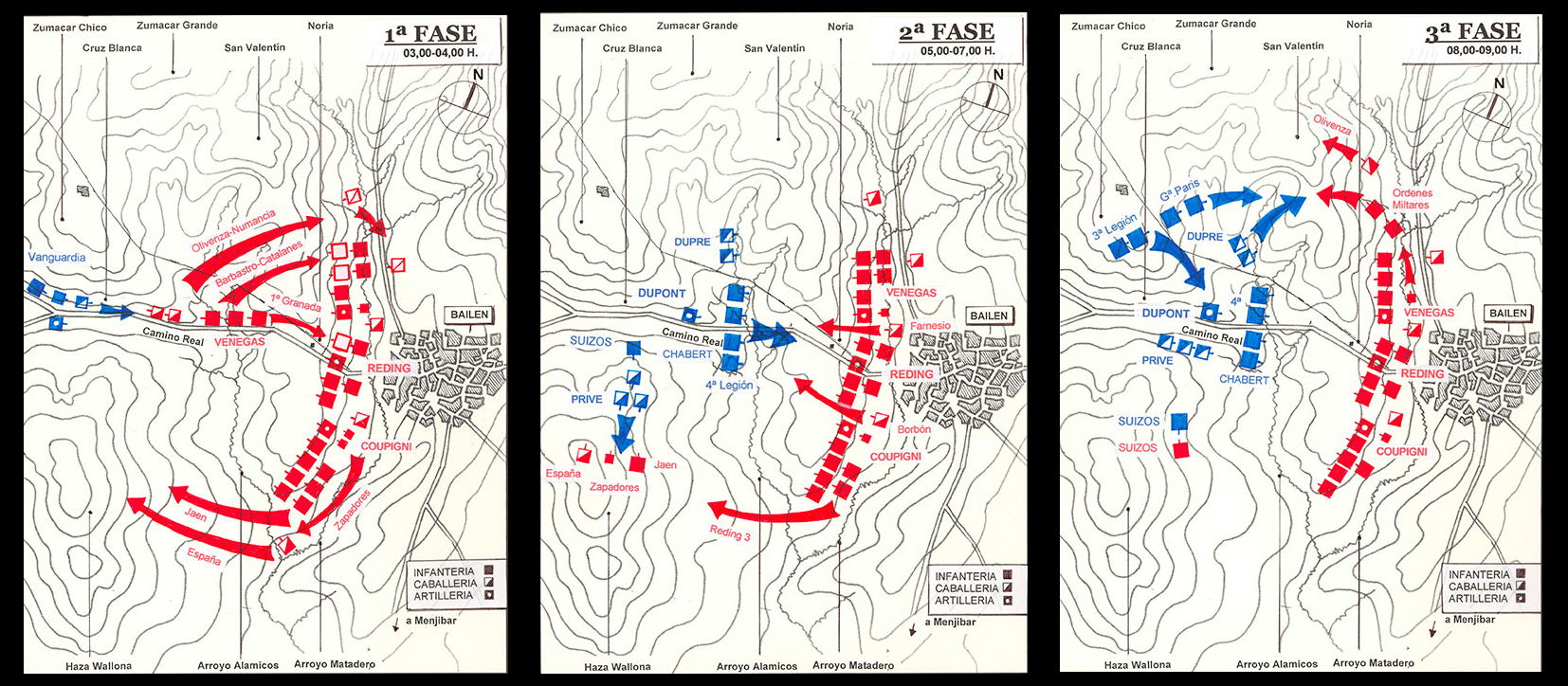One of the main factors that influenced the victory of the Spanish troops over the French army was the substantial support they received from the people of Bailén. María Bellido became the local heroine, a symbol of the town supplying the Spanish troops with pitchers of water on a day when the summer heat was especially intense.











